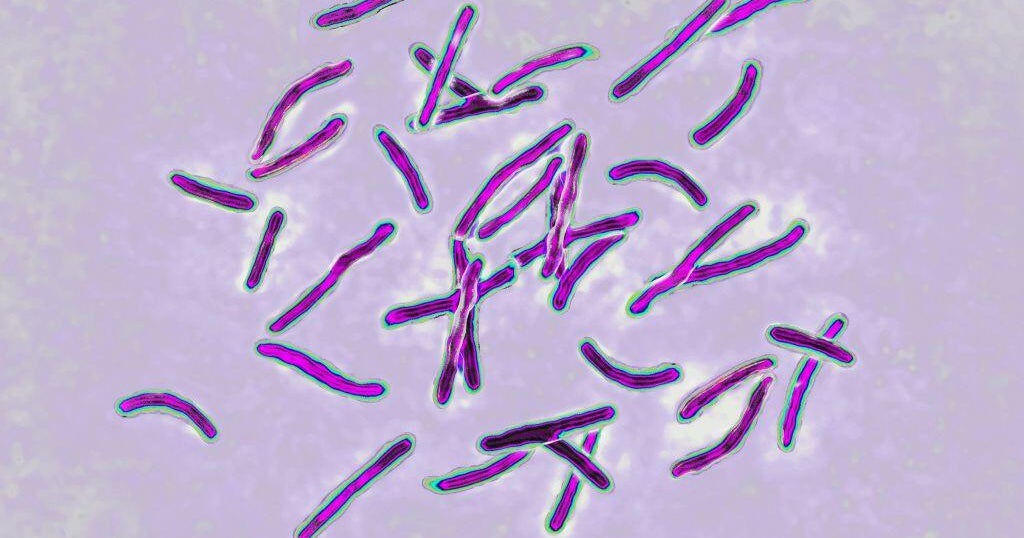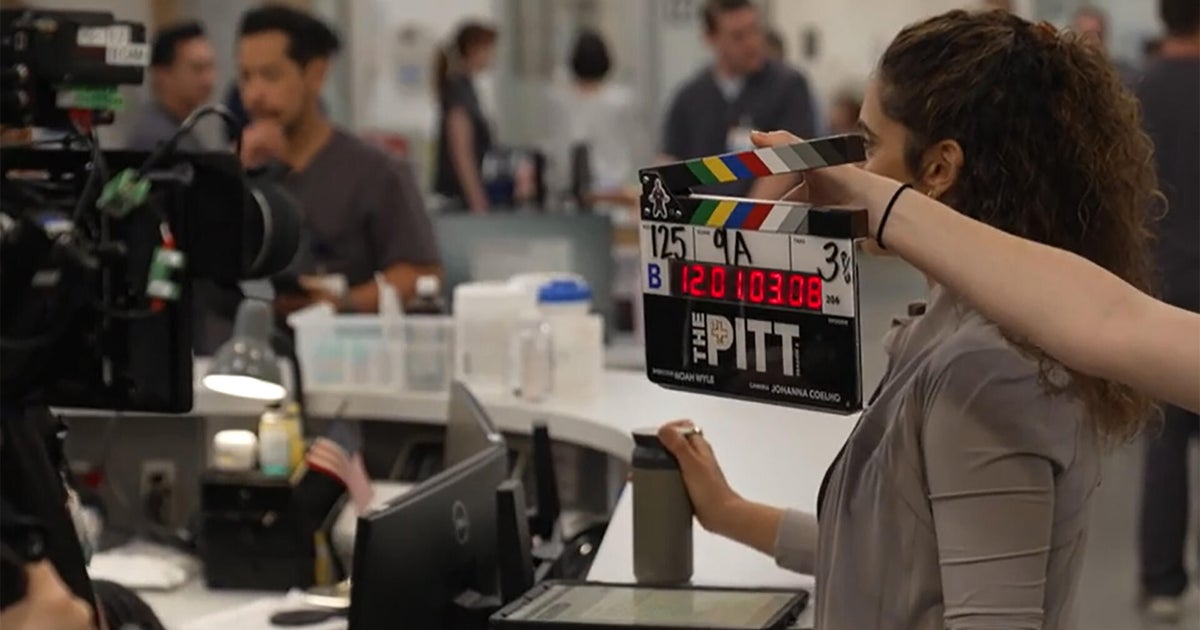New Cancer Test Can Spot Single Cancer Cell
BOSTON (CBS4/AP) - A new blood test that is so sensitive it can spot a single cancer cell in a billion healthy ones may soon be available at your doctor's office.
The scientists who invented the test and health care giant Johnson & Johnson announced Monday they will join forces to bring it to the market. In addition, four major cancer centers across the country will also start studies on the experimental test later this year.
The test uses a microchip that resembles a lab slide covered in 78,000 tiny posts, like bristles on a hairbrush. The posts are coated with antibodies that bind to tumor cells. When blood is forced across the chip, cells ping off the posts like balls in a pinball machine. The cancer cells stick, and stains make them glow so researchers can count and capture them for study.
The test can find one cancer cell in a billion or more healthy cells, said Mehmet Toner, a Harvard University bioengineer who helped design it. Researchers know this because they spiked blood samples with cancer cells and then searched for them with the chip.
Studies of the chip have been published in the journals Nature, the New England Journal of Medicine and Science Translational Medicine.
The reasoning behind the new test is that if doctors can determine if stray cancer cells have entered the blood stream, they can find out where it's spread or likely to spread. This information can help doctors determine the best treatments for each patient's tumor and monitor the treatment quickly.
Doctors typically treat cancer with a drug or radiation treatment and do a follow-up CT scan two months later to look for tumor shrinkage. But some patients only live long enough to try one or two treatments, so a test that can gauge success sooner could give patients and doctors more options.
The only test on the market now to find tumor cells in blood — CellSearch, made by J&J's Veridex unit — just gives a cell count. It doesn't capture whole cells that doctors can analyze to choose treatments.
The companies will start a research center at Massachusetts General and will have rights to license the test from the hospital, which holds the patents.
In a separate effort, Mass General, Sloan-Kettering, University of Texas M.D. Anderson Cancer Center in Houston and Dana-Farber Cancer Institute in Boston will start using the test this year. They are one of the "dream teams" sharing a $15 million grant from the Stand Up to Cancer telethon, run by the American Association for Cancer Research.
Already, scientists have been surprised to find that more cancer patients harbor these stray cells than has been believed. In one study, the test was used on men thought to have cancer confined to the prostate, "but we found these cells in two-thirds of patients," Toner said.
This might mean that cancer cells enter the blood soon after a tumor starts, or that more cancers have already spread but are unseen by doctors.
(© 2010 CBS Broadcasting Inc. All Rights Reserved. This material may not be published, broadcast, rewritten, or redistributed. The Associated Press contributed to this report.)







